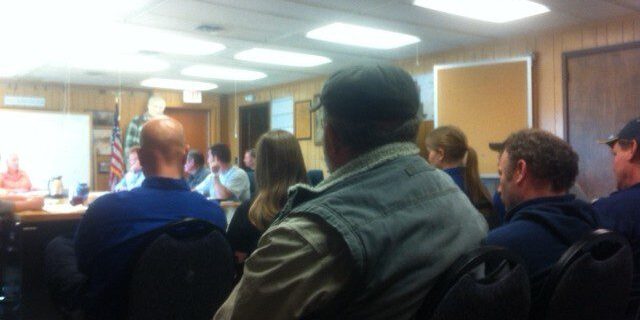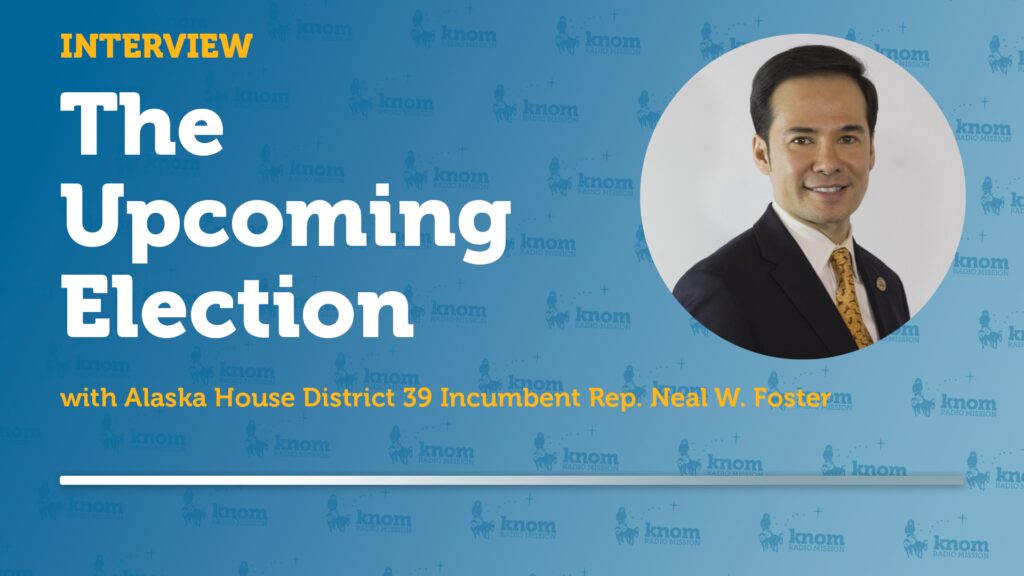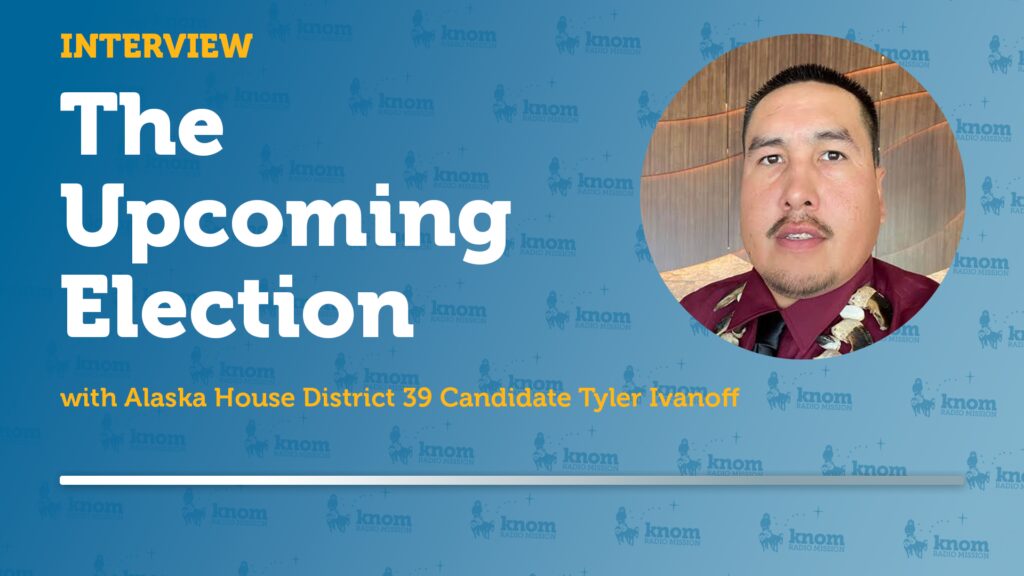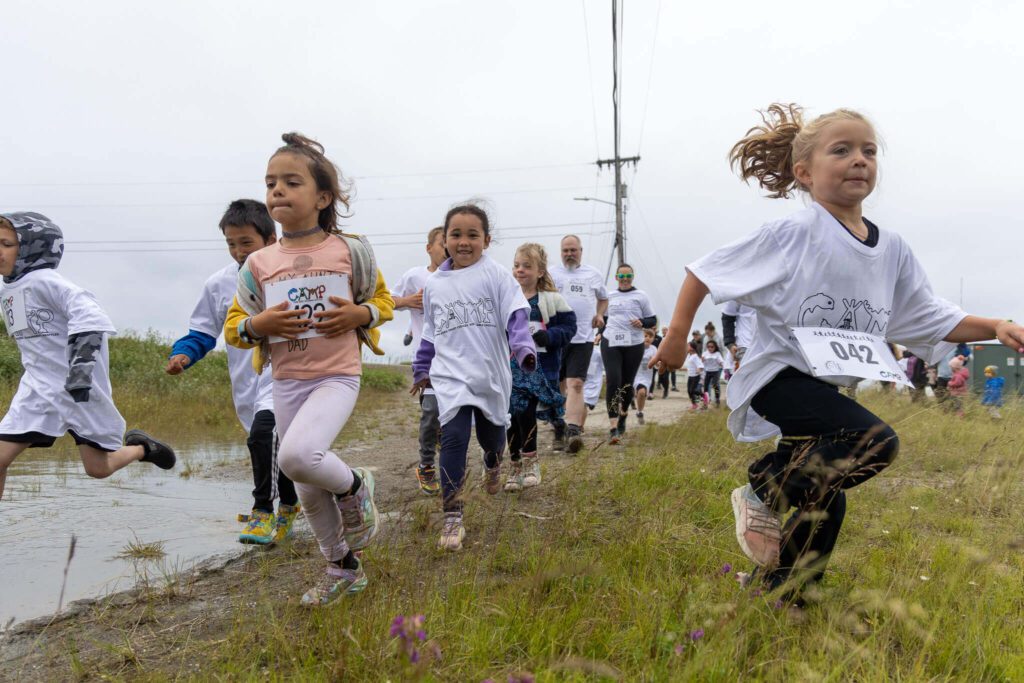Last night’s City Council meeting heard a vocal but symbolic show of frustration from members of Nome’s mining community over a perceived slight by city officials. But chambers were nearly empty when council members took up action items and addressed some of the very concerns raised.
During public comments there were remarks on two new liquor license applications filed with the state, as well as concerns over Nome’s worsening musk ox problems. But for around an hour the only comments came from gold miners.
“We’re feeling like you’re throwing rocks at us the way some of this is written,” said Kenny Hughes with Nome’s chapter of the Alaska Mining Association.
He and others were angry about language in a letter City Manager Josie Bahnke sent July 15th to the Department of Natural Resources. In it, Banke wrote to DNR commissioner Joe Balash, “There has been some economic benefit from the offshore mining, but the negative social impacts that we are experiencing far outweigh the benefits.”
The letter refers to the 2011 DNR lease sale that opened up the current offshore dredging boom. The sale brought in millions in revenues for the state, but left Nome without the money to accommodate increased port activity, putting the city on the hook for new costs–everything from extra employees to setting up port-o-potties for human waste.
“We are a mining town,” Bahnke said, responding to criticisms of her letter. “But we haven’t heard anything from DNR since June, and that’s been frustrating. We’ve sat down, we’ve told them over and over and over what our concerns are, and there’s never any follow up that’s been done. I apologize for any negative connotations in there, but it’s more or less, I guess, in response to the frustration with no response from DNR.”
Commenters also felt left out for not being CC’ed on the letter to the state, or being included in more formal dialogues. Many had printed copies of the document with them, reading from it at the podium. Many took umbrage with the claim that their work brings only “some economic benefit” to the community.
“I’m an American. And when I come to Nome, I’m a citizen of Nome—I got just as many rights as anybody else around here. I’m not taking a backseat to anybody,” said Homer resident Vern Atkinson, who owns a dredging operation in Nome and is financially compensated by the Discovery channel for appearing in their Bering Sea Gold franchise. “When I come here I cover all the ground I stand on. And I don’t like being put down and, and—because I’m up here mining. And you people are sharing in the benefits of it.”
The extent of that economic boom is debatable. While the mining sector brings in money for some businesses, councilmember Stan Anderson says municipal entities—like the port, roads, city service providers—get very little of those revenues. Around 5%, Anderson said, referring to historical data and analyses the city has collected.
The matter became heated when commenters pushed for the city to define what was meant in the letter by “negative social impacts.” Mayor Denise Michels offered several examples, like a rise in methamphetamine and heroin use.
“Don’t laugh at this. This is [a] really serious issue,” said the mayor, her voice rising as skeptical scoffs rose from the crowd. “Those are some of the social issues that are happening in Nome.”
“Not because of gold,” someone shouted back from the public gallery.
“No not because of gold,” the mayor responded, “but these are new social issues that came up.”
Bob Haffner, a long time Nome resident and miner, was one of the few voices insisting neither side–the city or the mining community–is doing enough to accommodate the other’s needs.
“My kids are native—I want them to be able to subsist, I want them to be able to go down to Belmont Point and fish. By golly we don’t have to have all our dredges sitting right on shore. Y’all got boats. We need to make some room, too, guys. It’s not just them. We need to make some accommodations, too. And we’re not communicating.”
But almost everyone that came for public comment left once it ended, leaving chambers sparse–even as the council moved into voting on a seasonal tax that would have raised revenues from summer sectors. Like offshore mining.
The council ultimately voted not to bring that seasonal tax to voters.
They did settle a disputed contract, though. A bid by to maintain the city’s fleet of 32 emergency response vehicles from Trinity Sails—a business owned by KNOM’s chief engineer Rolland Trowbridge. That bid, as the lowest qualified offer, was accepted. Councilmember Matt Culley said the matter never should have been held up by zoning issues that were inappropriately considered during council discussions.
The council’s vote on the contract was split 5-to-1, with only councilmember Tom Sparks dissenting.







